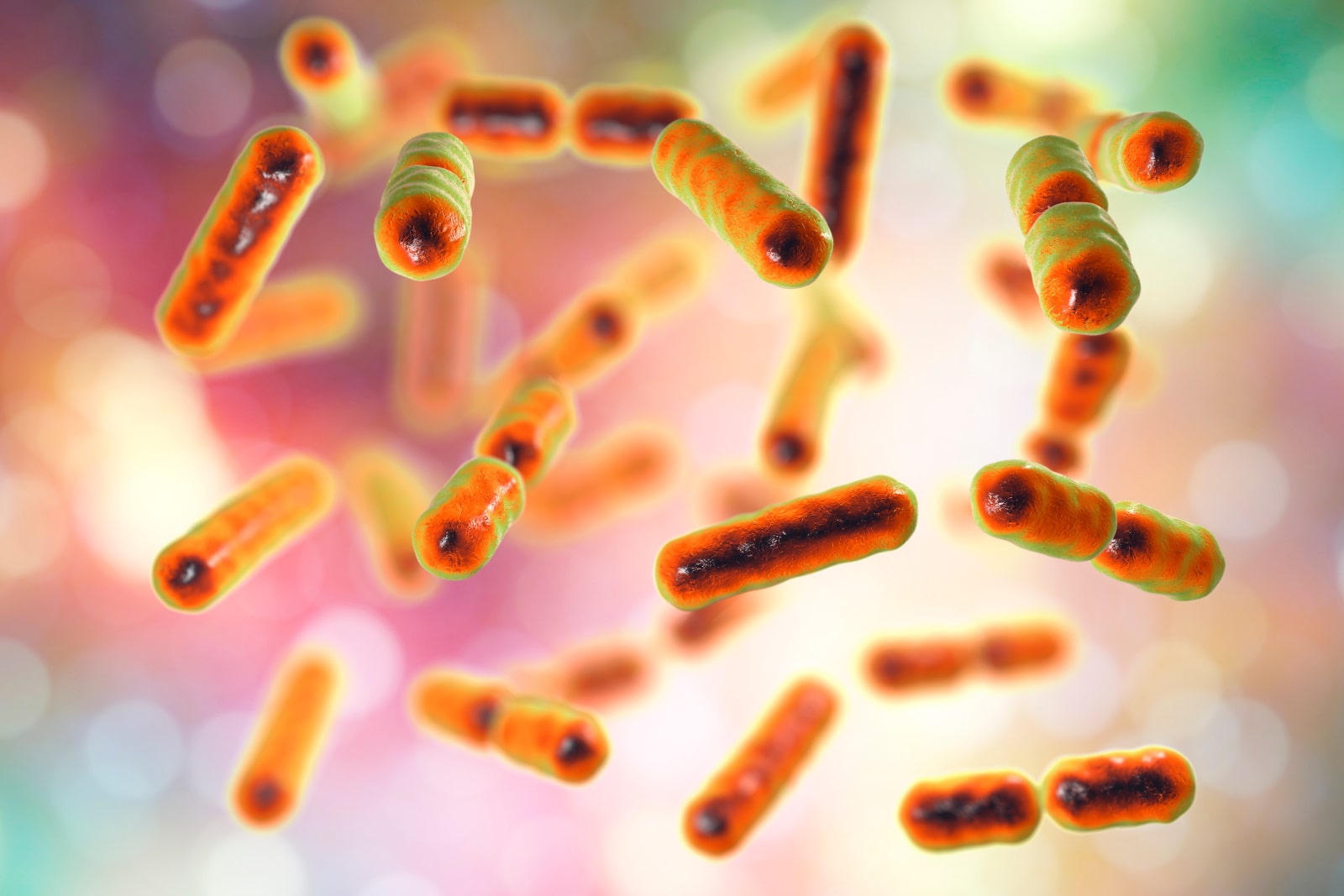Within our gut can be found what some consider to be the most important organ in the human body. Rather than selecting tissues and muscle, this organ is a vital ecosystem of fungi, archaea, bacteriophages, and viruses. This ecosystem is sometimes known as the immune-neuroendocrine system’s conductor, the second brain, or even the home of the immune system. As chronic diseases are on the rise, the gut microbiome is heavily focused. Scientists from every area of the biological sciences are looking to improve health by interacting with this ecosystem.
Redefining Society’s Relationship With Our Gut Microbiome
The current relationship we as a society have with bacteria isn’t hard to see. We have antibacterial cleaning sprays, hand soaps, and even surfaces known for killing bacteria. This has led to a common conception that bacteria and other microorganisms are wholly harmful. Despite this flawed perception, microorganisms like bacteria are essential to ensure that our bodies function properly. They protect our health, help us function, and help us in an uncountable number of ways, many we aren’t even aware of yet.
There are so many microorganisms in our body that they can account for up to six pounds of our total weight. This means, overall, they account for more of our body weight than our brain itself. The gut microbiome isn’t the only one within the body. They are located within the nose, skin, mouth, eyes, and women also have one within the vagina. We establish our microbiomes on our way out of the birth canal. It continues to develop over the next seven years through the food we eat and the things we encounter in the world.
Our Gut Microbiome and Digestion
The microbiome in our gut works to help us absorb and make use of nutrients and byproducts in our food. Most people are unaware that we wouldn’t be able to benefit from our food were it not for this microbiome. It helps us in:
- Digesting our food
- Synthesizing vitamins
- Produce necessary nutrients
Another example involves oligosaccharides, polysaccharides, and a variety of other carbohydrates. It was once believed that the body was incapable of digesting these foods. Our microbiome breaks them down and processes them into acetate, propionate, butyrate, and other short-chain fatty acids.
Our Gut Microbiome and Our Immune System
This microbiome is said to communicate with our immune system in ways essential to maintaining good bodily health. Scientists are working to find more ways that this microbiome can benefit our health. When gaps in the microbiome occur, they can lead to issues with inflammation spreading throughout the body. Signs of this process can be found with:
- Autoimmune conditions
- Type 2 diabetes
- Obesity
- Asthma
- Cancer
- Allergies
- Parkinson’s
- Alzheimer’s
- Heart disease
Every year we learn more about the microbiomes within our bodies and how they can help us make strides toward protecting our health. New medical science breakthroughs show promise for treatments founded on promoting gut microbiome health. Speak to your medical provider to see how they implement these concepts into their practices.













